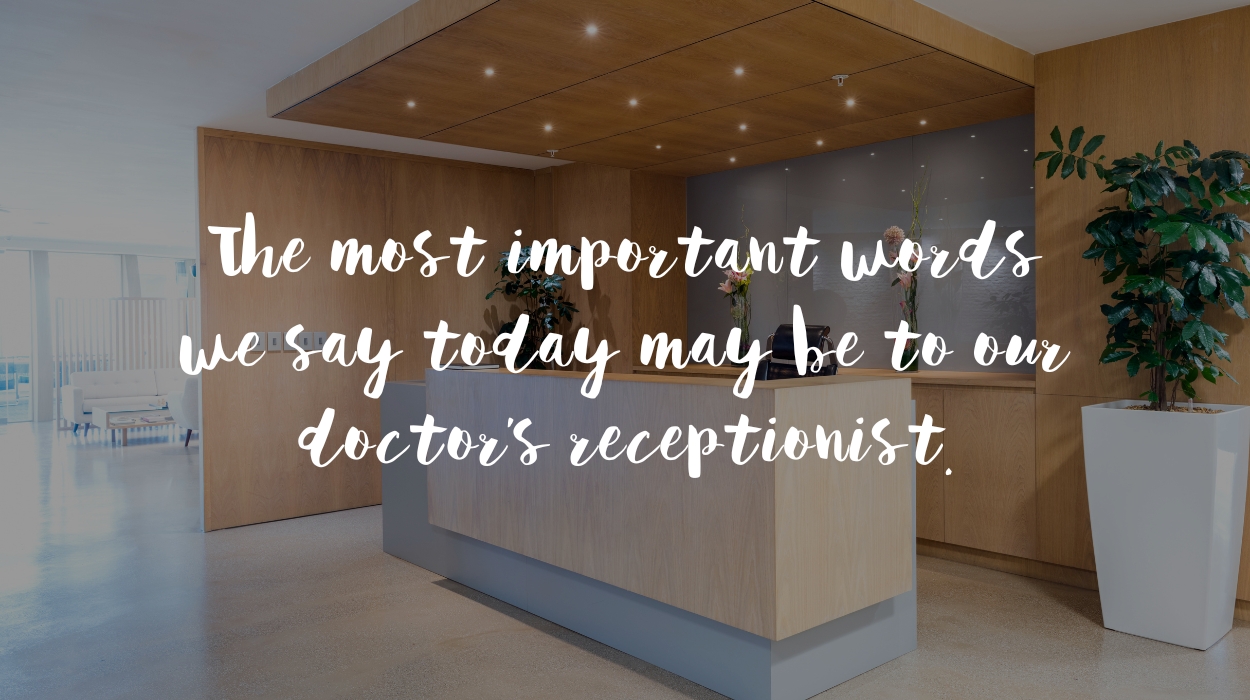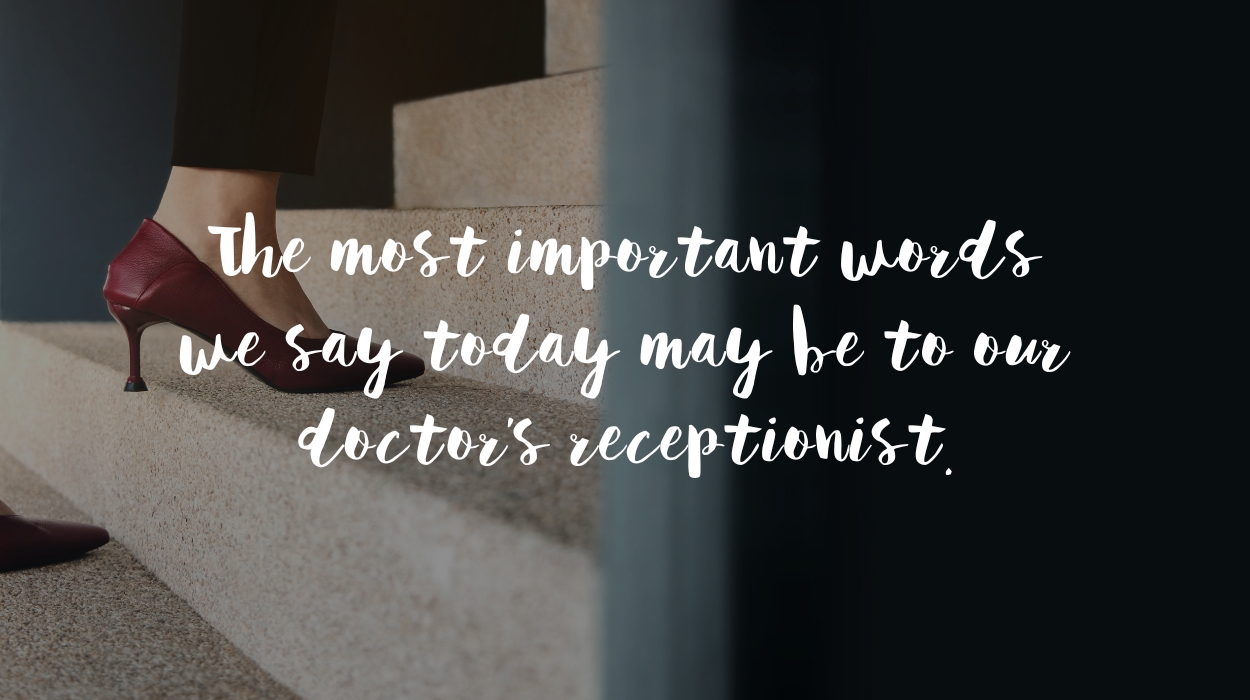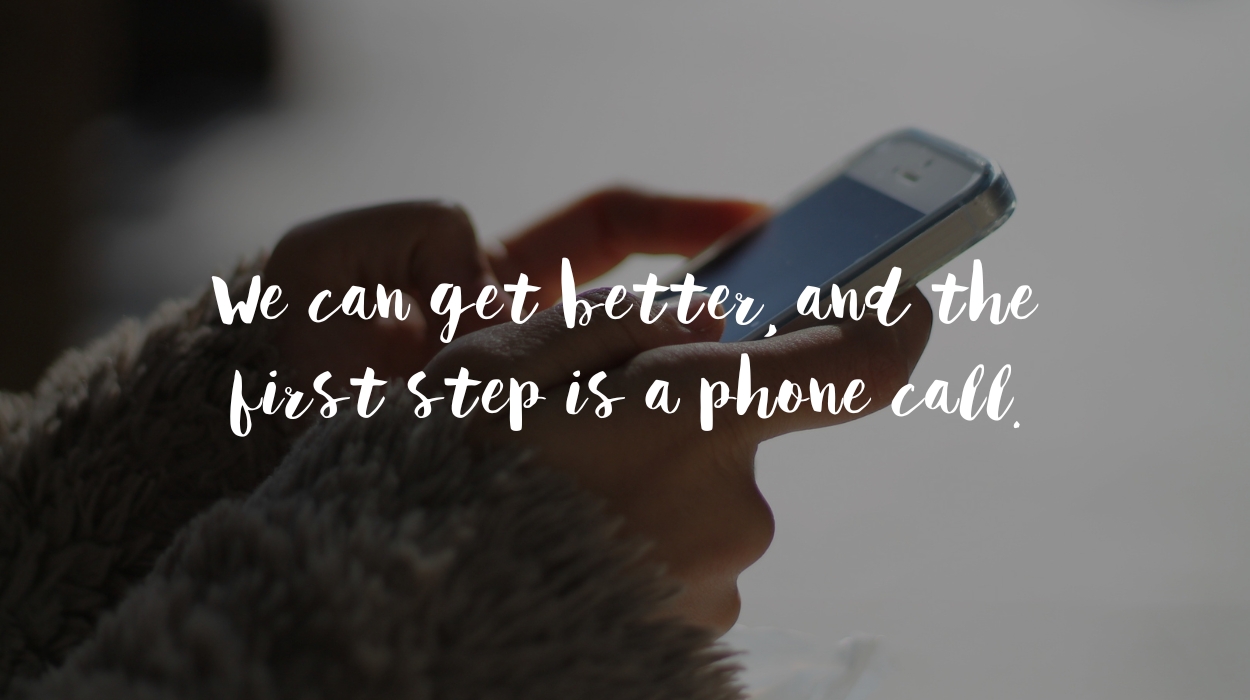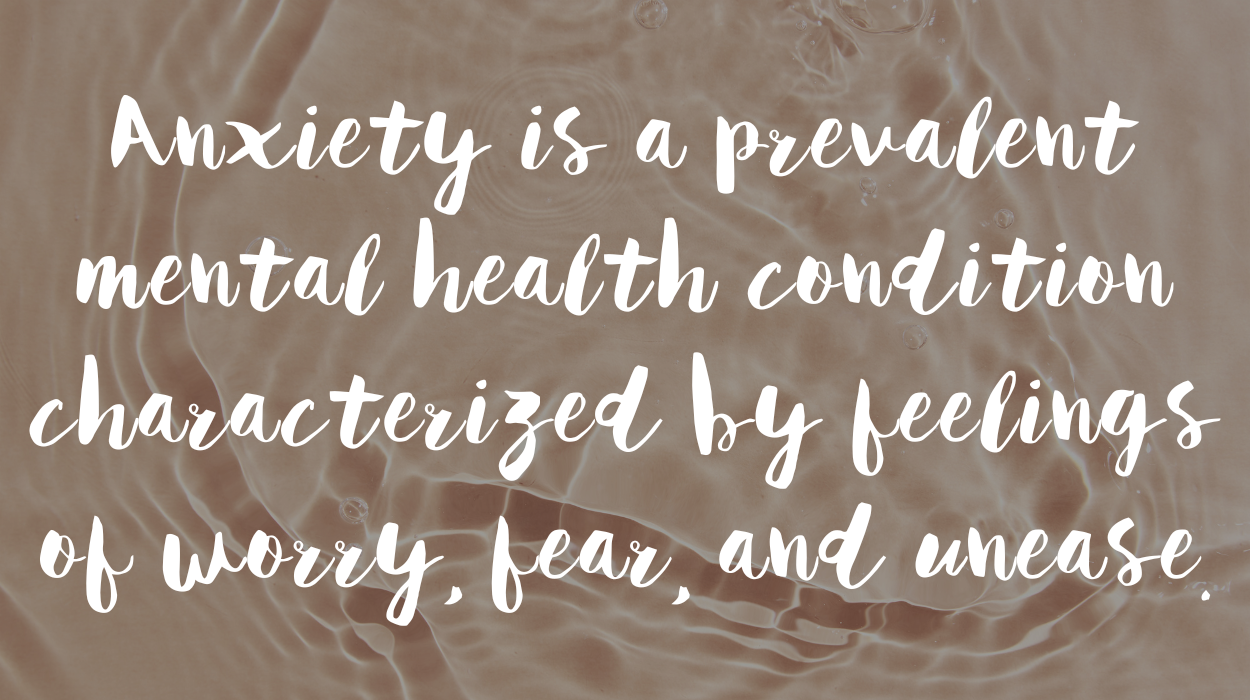When we are struggling with our mental health, booking an appointment to start the process of getting help can feel daunting, but picking up that phone (or asking someone else to if this is too overwhelming) and calling our GP is usually the first step towards starting our journey towards better mental health.
Find out the best time to ring

Every GP surgery is different, but most will take calls for same-day appointments from their opening time in the morning. We can check online for the time to call to get this appointment. The receptionist is likely to ask for a brief description of why we would like to see the doctor. This is to enable the doctor to prepare beforehand with a basic knowledge of what we might need help with. Depending on the surgery procedure, the doctor might have a phone appointment with us before deciding whether they need to see us in person.
If we have a strong preference and feel it would be more beneficial to see the doctor face-to-face, we can request this during the call. If we find phone calls difficult, we can ask for a friend or family member to make the initial call on our behalf and ensure they have the details that the receptionist might need. It is best, if possible, that we have our own discussion with the doctor. If we feel this is not possible via a phone call, we can ask our friend/family member who has made the appointment to request to be seen in person during the initial call with the receptionist.
Ask someone to come with us for support
If we have an in-person appointment, we can ask for someone we trust and who has an awareness and understanding of our mental health issues to accompany us if this will make us more comfortable. If we do this, it is important that we are prepared to say anything we need to say to the doctor in front of this person. It may be that we would like them to come to the GP office with us, but not to the appointment, so we don’t have to wait alone and we know they are nearby if we need extra support.
Prepare what we want to say in advance
It can sometimes help to bring some written notes or bullet points of things we would like to explain to the doctor. This can include our current mood, thoughts and feelings. It can include certain situations we have found difficult, or if there has been a specific incident we think may be contributing to the condition of our mental health.
It can be frustrating, and cause additional anxiety if we come out of an appointment feeling like we have missed something important. Preparing in advance can make sure this doesn’t happen. We can also run our notes past a loved one who knows us well to see if they would think we should add or alter anything on the list. We can also bring someone else to our appointment with us who can advocate on our behalf.
Plan the journey
For many of us, the journey itself can be a scary experience. Planning can help to ease our anxiety. If we are using public transport, we can make sure that we have checked the timetable and are giving ourselves plenty of time to get there.
If we want to be early to make sure we don’t miss the appointment but don’t want to be sitting in the doctor’s surgery waiting, we could see what other amenities are within walking distance to make sure we remain close by. This might be a local park, a cafe or some local shops we can browse. We could also bring a self-soothing item to keep our hands busy while we wait, or something to distract our minds, such as a book, journal or a game on our phone.
The GP appointment
Most of us are familiar with the routine of going to a GP appointment. We get directed to a seat, and the GP is in front of the computer looking at our notes before turning to ask what they can help us with. It can help to take a deep breath at this point, knowing this is the moment we have been waiting for, and the first important step towards beginning to feel better.
We can take our notes out to ensure we haven’t missed anything. The doctor may ask additional questions. We must answer as honestly as possible. The doctor will need to know the full story to make sure they prescribe the best possible treatment to help us get better, so providing as much information and detail as we’re able to is important.
Our doctor will want to help us find the right path so that we can feel as confident as possible. We can talk openly with the doctor about the different interventions we think might benefit us the best. If medication has been prescribed for example, but we feel we would benefit from therapy, counselling, or a psychiatrist referral, we can talk to the doctor about this during the appointment.
Having our say in our treatment can help us to engage, but being as objective as possible with the doctor’s advice is important. We might find the suggestion of seeing a counsellor overwhelming or unexpected, for example. But this might be the best course of action for us.
We may be concerned about the route that the doctor might decide they have to take in order to support us. If there is a concern that we are a potential risk to ourselves or others due to our current frame of mind, then the doctor may have to respond by referring us to additional supports to ensure that we, and those around us, are safe. This is not a judgment of us, it is a response to our current mental health needs and is a step that may be required in the process to support us to get better.
Preparing for a counselling/psychiatrist appointment
The same advice can be applied if we have an appointment with a counsellor or psychiatrist. It is important that we are completely honest, even if we feel embarrassed, uncomfortable or worried. The counsellor or psychiatrist will have likely heard it before, or at least been trained in how to respond.
They might provide us with ‘homework’ for the following week. It may include something like keeping a diary and marking any time during the day that we feel particularly unwell and explaining what was happening at the time to highlight any patterns. We might be asked to track our sleep schedule for the week. It could be something completely different and specific only to us, like facing something we have found overwhelming or making a phone call we have been putting off.
We should try to follow this process as best as we can, yet it is also important that we find our relationship with our counsellor/psychiatrist is a good fit, so that we trust them while we are completing any tests that they set or are discussing anything that is of great significance and concern to us. It is totally acceptable to ask to see another professional, but it can be helpful to talk this over with our GP or a trusted person first, to ensure that we are making the best decision for our mental health.
Understanding the process and how we will feel
Unfortunately, with some medication, we can feel worse before we begin to feel better. Knowing this, however, and being able to prepare ourselves in advance, is important. We will often need to take antidepressants for 1-2 weeks, or sometimes longer depending on which one we are prescribed, before we begin to notice any improvements.
Many of us might stop taking antidepressants before they start to work because we aren’t aware that we may feel worse before we feel better, or that it can take some time to notice any benefits. This may make the process feel even more daunting, but knowing this in advance can make the difference between us continuing on the path towards better mental health, and giving up on the journey too early. It is important that we stick with it, and remind ourselves that there is light at the end of the tunnel, even if we can’t see it just yet.
Giving ourselves a break
After an appointment, it is normal to feel emotionally drained. We should make sure that we give ourselves time to rest after the appointment. It might help us to debrief with someone we trust, and organise a meeting with that person so we can talk to them about our appointment once it is over.
We ought to be proud of ourselves

Having the courage to be honest about our mental ill-health and to seek the support we need to get better can be a scary process, and can take all the emotional, and often physical, strength that we have. But we are taking the first steps to get better, and we really do deserve to be so proud of ourselves.
For more information on attending an appointment about our mental health, please visit the following links. The video from MIND below is particularly useful to help in our preparation:
MIND has a useful video on preparing for a mental health appointment as well as an article on talking to our GP about mental health. National Alliance on Mental Illness (NAMI) article on preparing for a psychiatric appointment may help us before our appointment as well as mentalhealth.org.uk’s article on talking to our GPs about mental health.
Please help us to help others and share this post, you never know who might need it.
 Resources
Resources
- Health, M. (2017). Preparing to visit the GP about your mental health. YouTube. Available at: https://www.youtube.com/watch?v=PaR-c-tQPTs.
- Mind.org.uk. (2017). Talking to your GP about mental health. [online] Available at: https://www.mind.org.uk/information-support/guides-to-support-and-services/seeking-help-for-a-mental-health-problem/talking-to-your-gp/#:~:text=Write%20down%20what%20you%20want,close%20friend%20or%20family%20member.
- Nami.org. (2021). How to Prepare for Your Psychiatric Appointment. [online] Available at: https://www.nami.org/Blogs/NAMI-Blog/December-2021/How-to-Prepare-for-Your-Psychiatric-Appointment.
- MHF. How to Talk to Your GP about Your Mental Health. 2014, www.mentalhealth.org.uk/sites/default/files/2022-06/MHF-How-to-talk-to-your-GP-about-your-mental-health.pdf.








